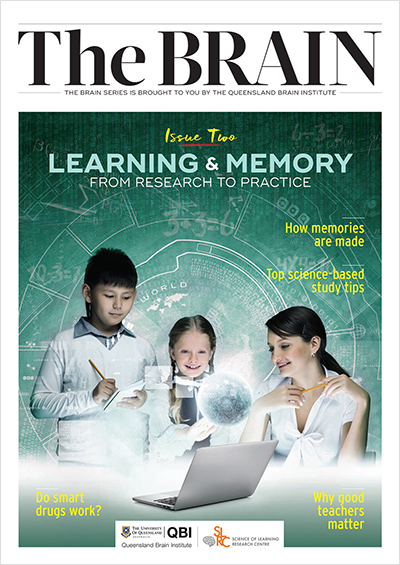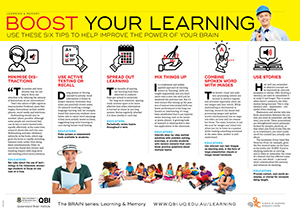Learning disorders

Learning new or complex concepts can be difficult enough for anyone. But when you have a learning disability, it can be slow, demoralising or even impossible.
These learning disorders are not related to a person’s intelligence or lack of education. They result from specific problems in processing information. Learning disorders are neurologically based, and can cause trouble with reading (dyslexia), writing (dysgraphia) or mathematics (dyscalculia). These disorders are distinct from problems in learning that arise from visual, auditory or motor impairments. Although signs of these disorders are most recognisable during schooling, learning disorders can go unrecognised in individuals as they continue learning and reach adulthood.
Dyslexia
This is a lifelong disorder that’s estimated to occur in 5–10 per cent of the population. A person with dyslexia has trouble decoding words quickly and accurately and may find comprehension and spelling difficult. Some report that the words seem to ‘jump around’ on the page as they read. Many have difficulty learning and recognising the sounds of letters.
Dyslexia tends to run in families, with research finding that the disorder has a strong genetic basis. Some studies have found that training in phonological awareness skills – recognising sounds and what they look like, rather than individual letters – can help dyslexic children improve their reading abilities.
Dyscalculia
Those with dyscalculia have difficulty learning maths and understanding numbers. Common symptoms include trouble comparing numbers, recognising symbols or telling the time from an analogue clock. Dyscalculia, unlike dyslexia, is not necessarily lifelong. One US study of students with dyscalculia found that the disorder persisted for longer than one school year in only 11 per cent of participants.
Dysgraphia
Dysgraphia is a problem with written expression leading to illegible handwriting, trouble spelling and spacing words, and difficulties putting thoughts on paper. People with the condition may write words incorrectly or in the wrong order.
Other learning disorders
Many medical conditions affect the health of the brain and therefore its ability to learn. This includes conditions present before birth, genetic disorders, or diseases or injuries acquired throughout life.
The effects can be temporary: concussion, for example, results when the brain knocks against the inside of the skull, causing short-term symptoms including memory loss and difficulty concentrating. Hearing or speech language impairments, particularly if unrecognised, may affect communication in the classroom.
Other conditions, including Alzheimer’s disease, affect the brain areas crucial to learning and cause irreversible damage.


